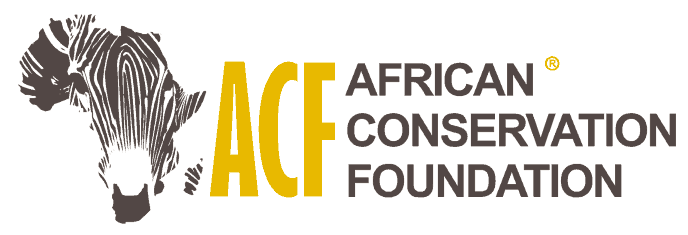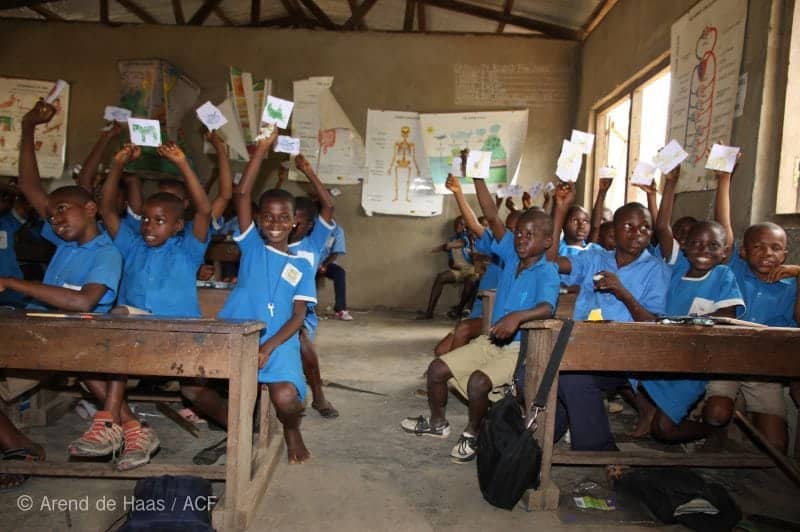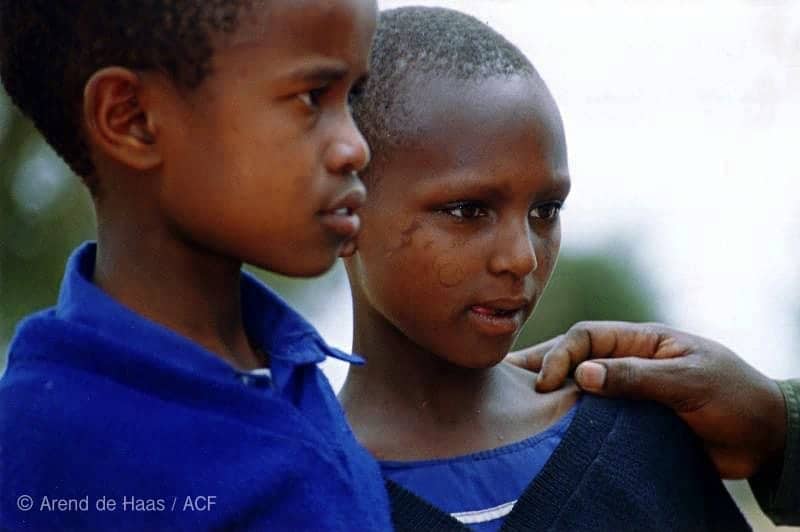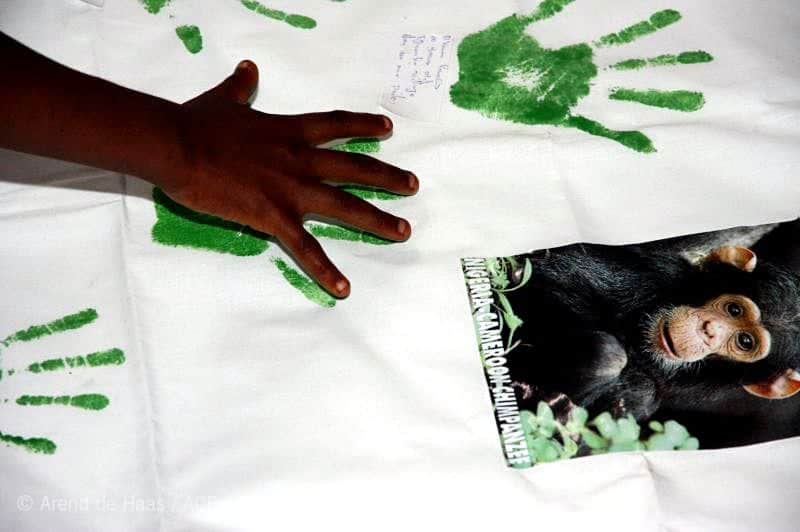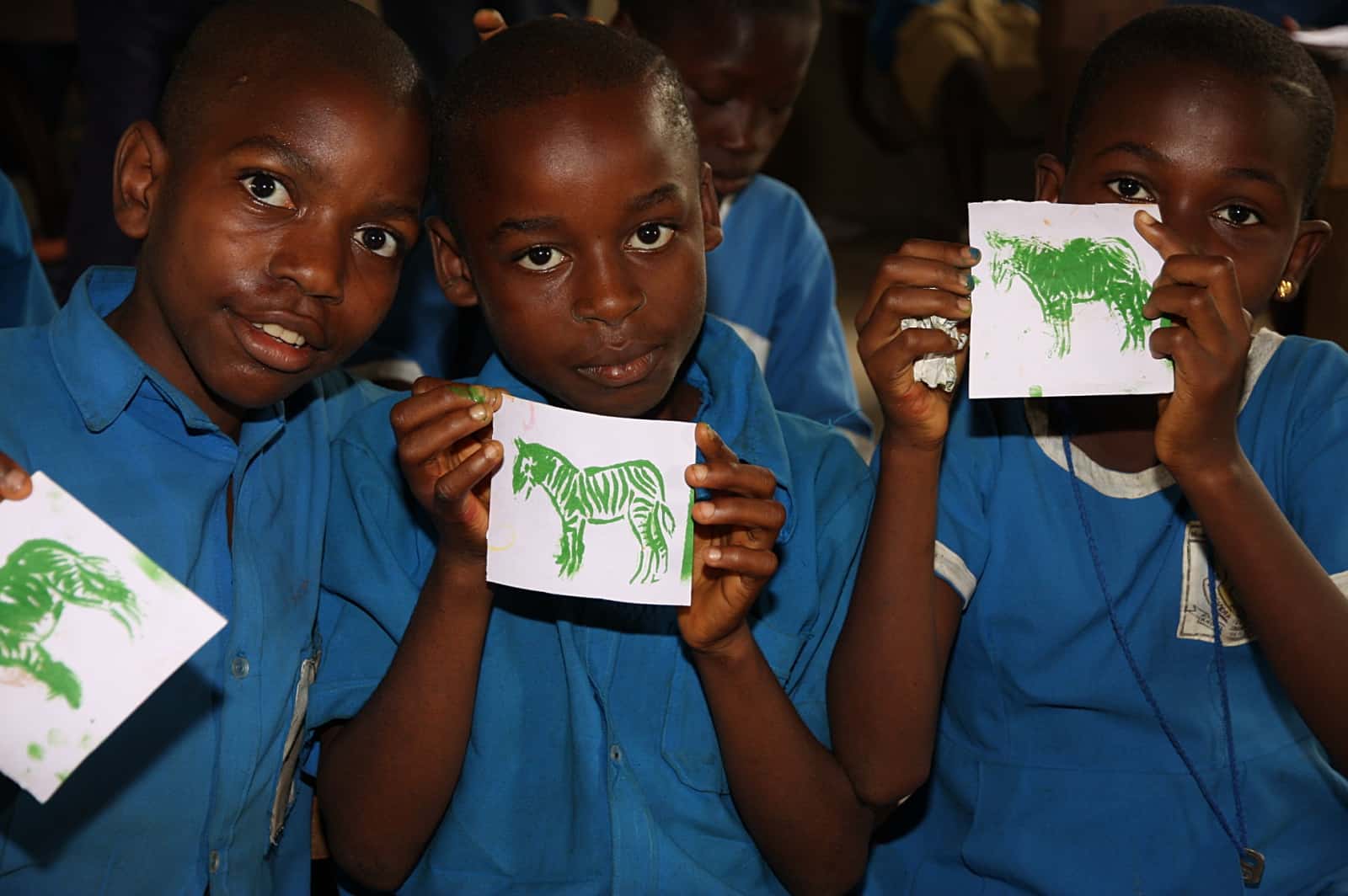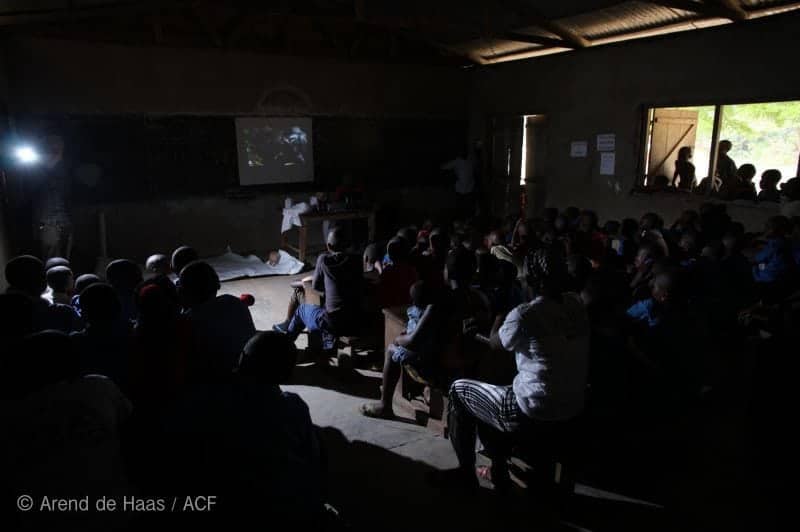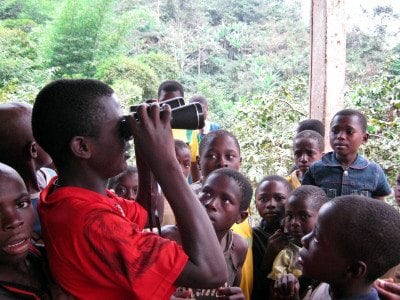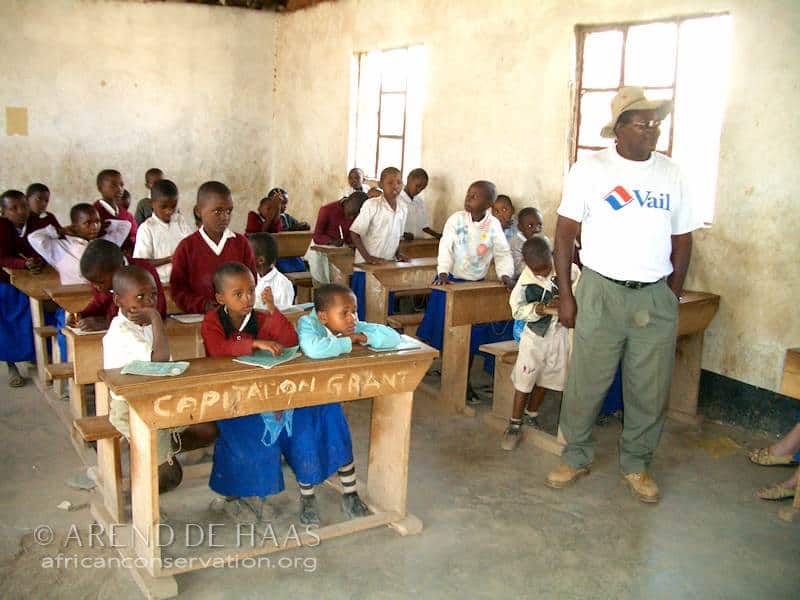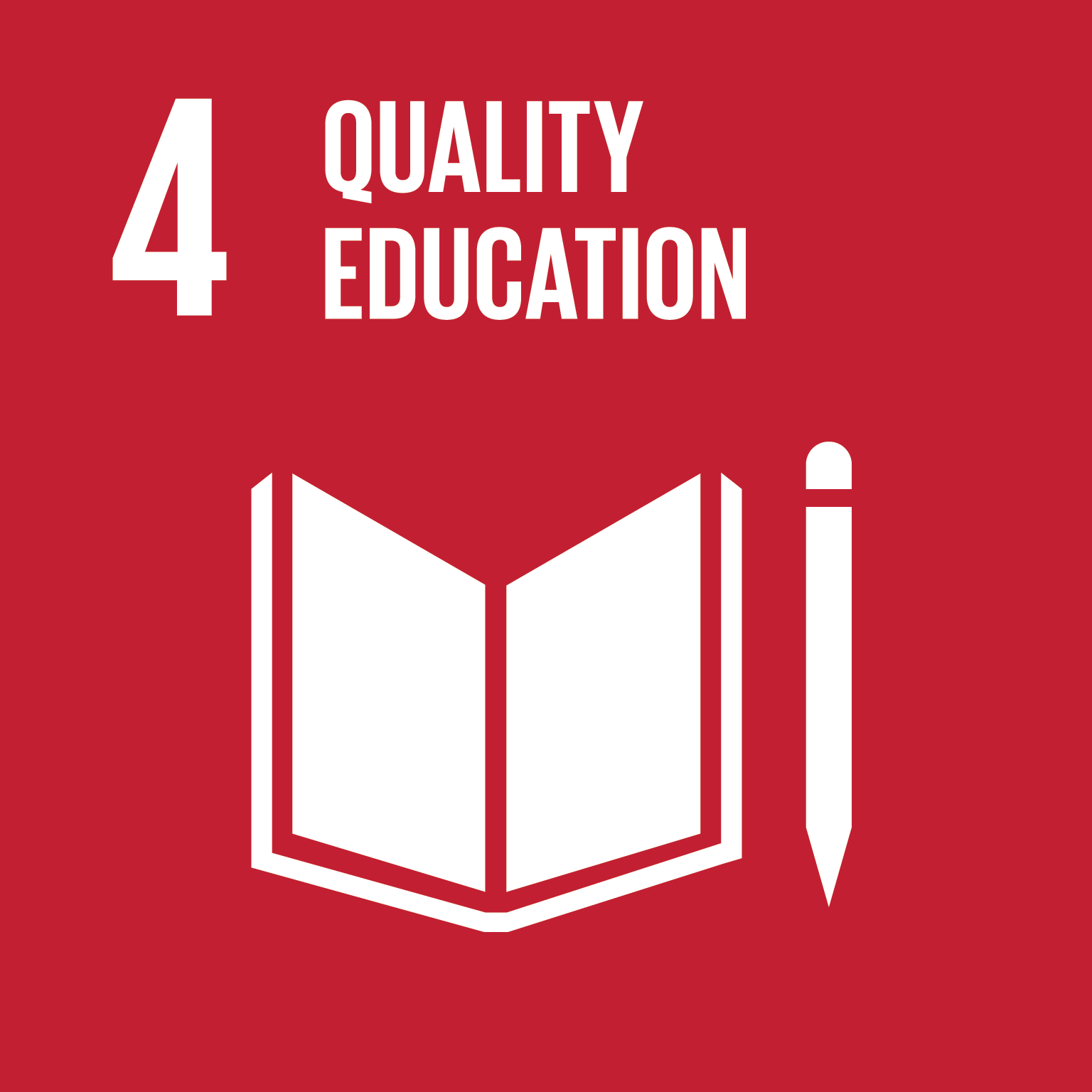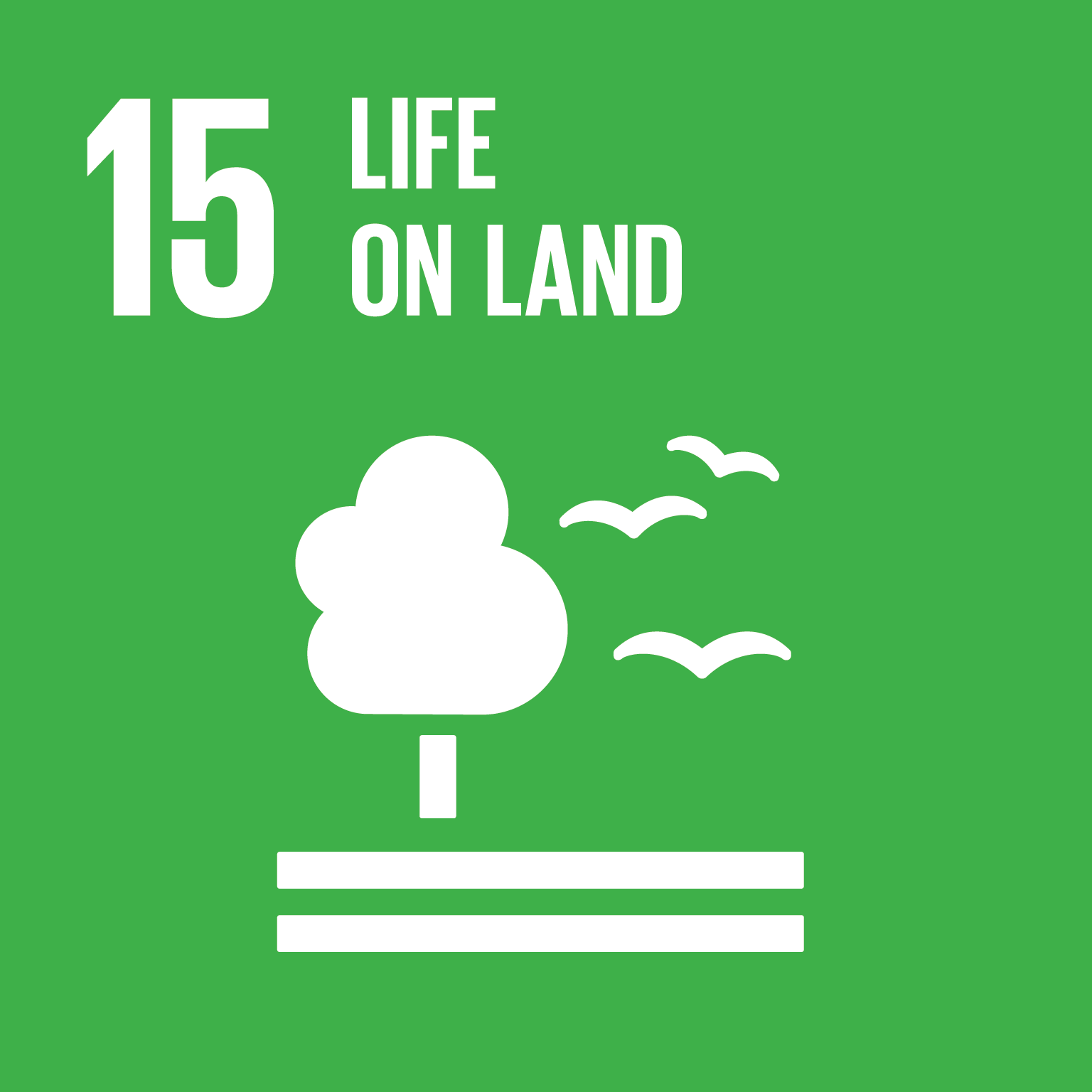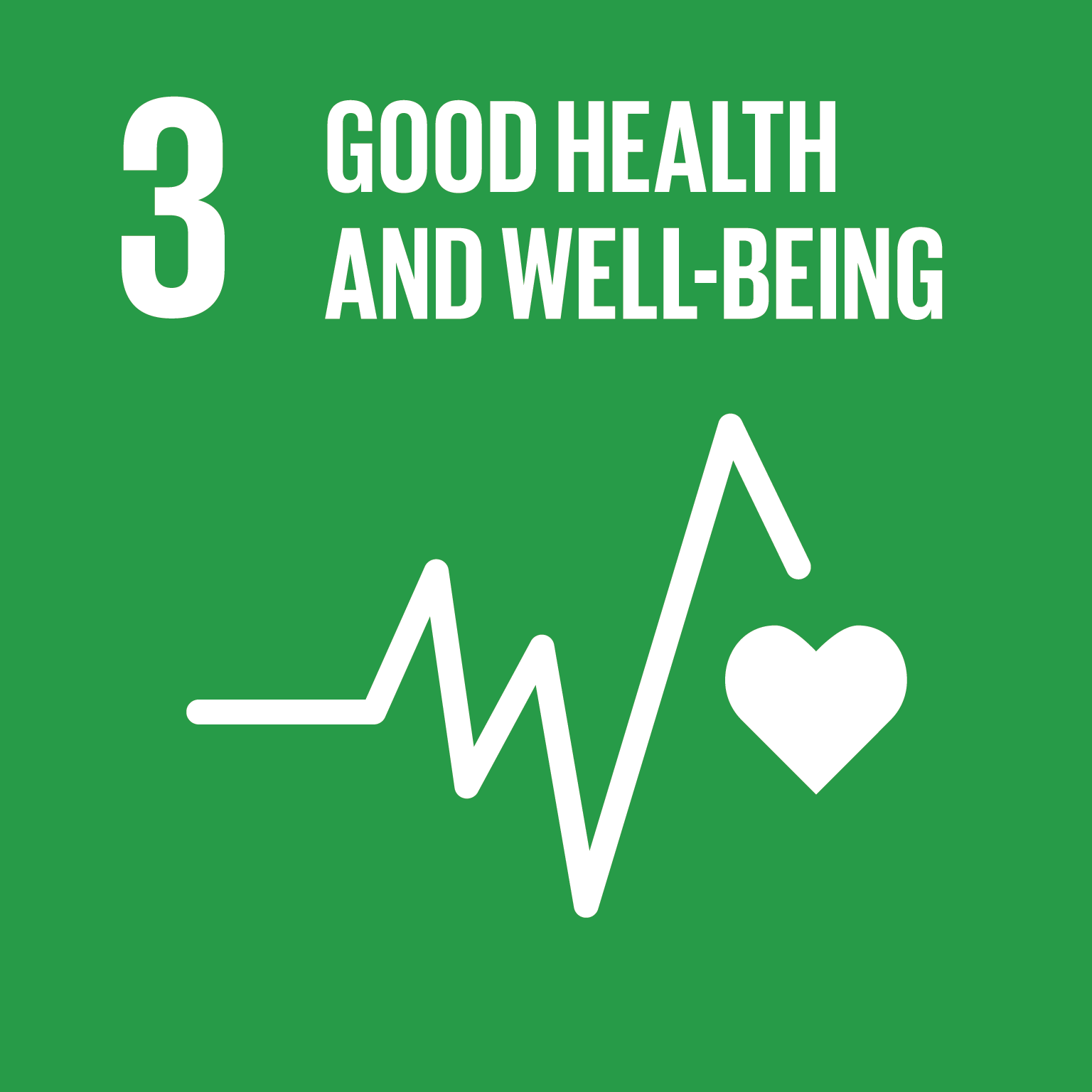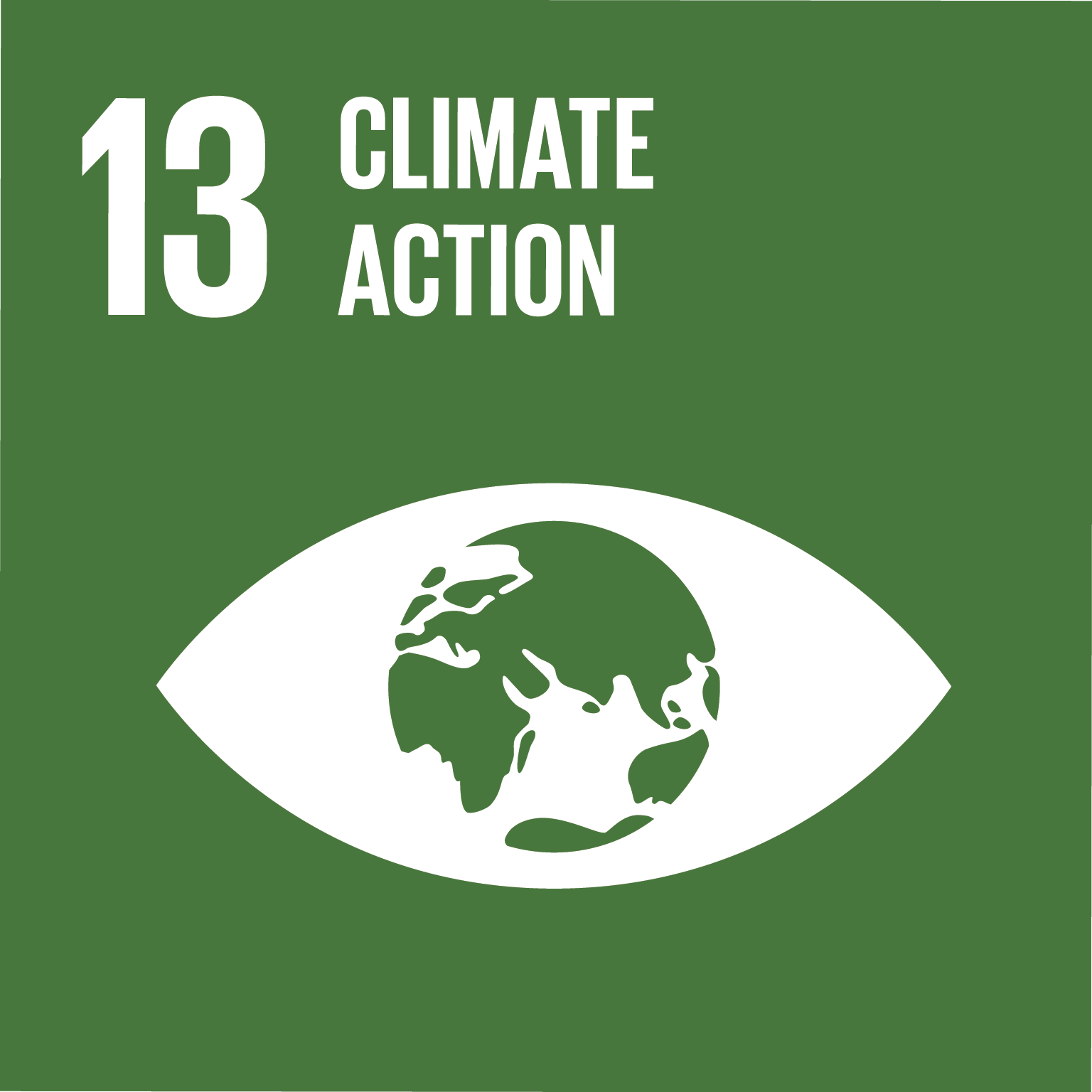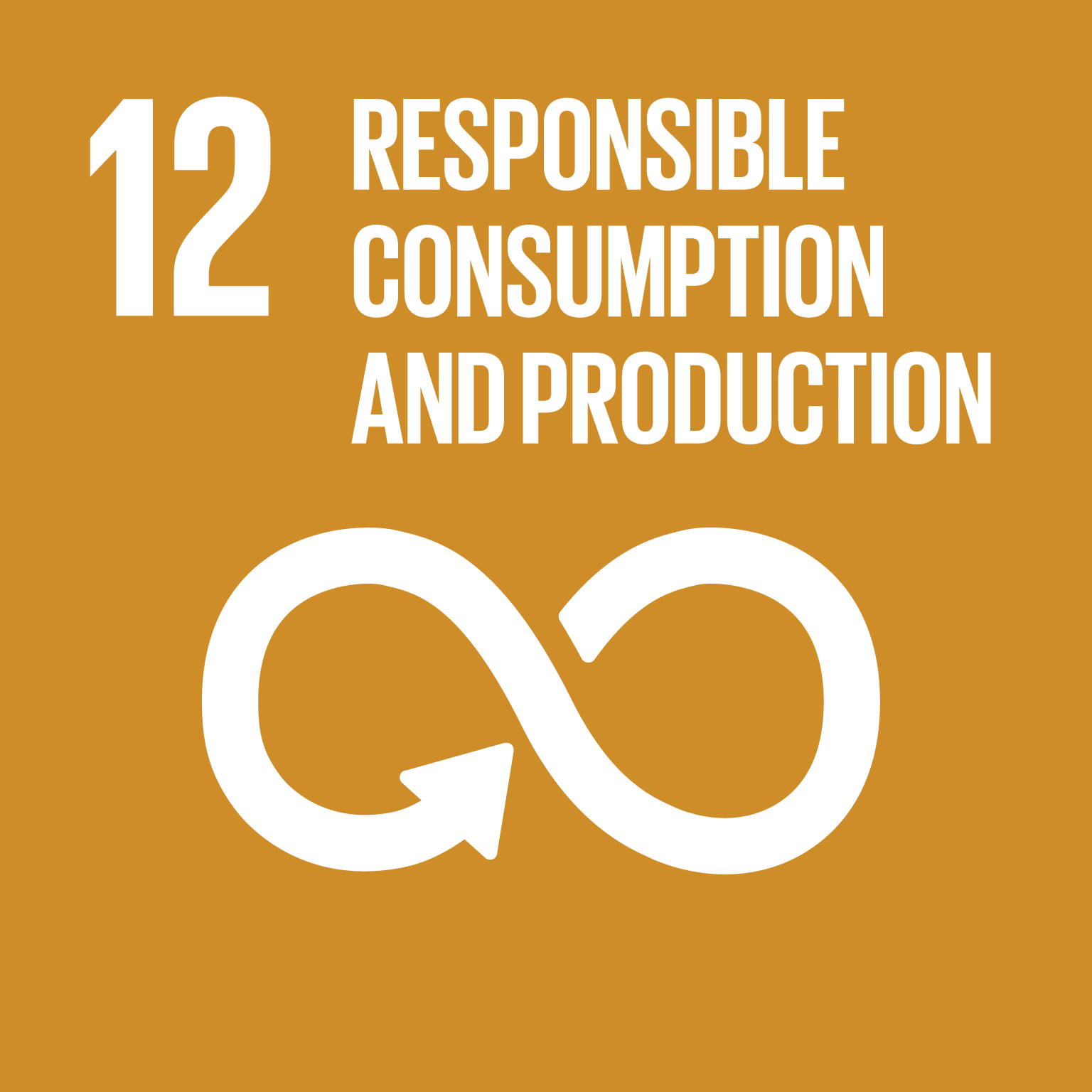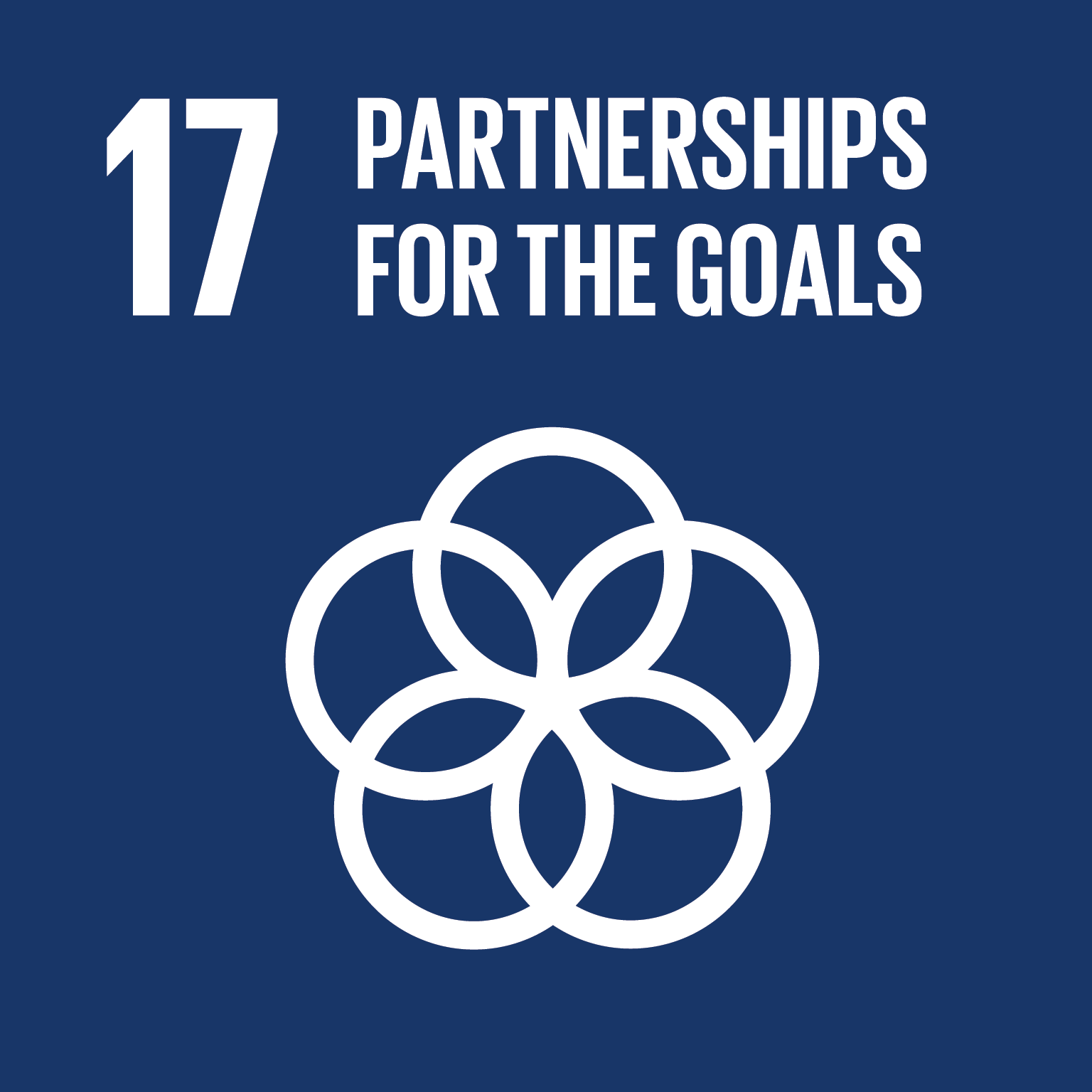Conservation education plays a pivotal role in inspiring and empowering young individuals to help save wildlife from the brink of extinction. It serves as a fundamental catalyst in achieving the Sustainable Development Goals. For this high-quality education materials and engaging activities are needed.
Endangered species
All
Habitat
Rainforests, Savanna, Arid Landscapes
Primary and Secondary Schools, Cameroon, DR Congo, Mozambique
Size of area
1,000,000 ha
Carbon
? mT
Partner
Local NGOs, Schools, Regional Government
The Problem
Conservation education for schoolchildren in Africa is of paramount importance to safeguard the continent’s rich biodiversity and promote sustainable practices. As Africa is home to some of the world’s most iconic and endangered species, such as elephants, rhinos, and lions, it is crucial to instill a sense of environmental awareness from an early age.
Conservation education equips young minds with the knowledge and tools to address pressing environmental challenges, including habitat loss, poaching, and climate change. By integrating conservation topics into the curriculum, students gain a comprehensive understanding of the interconnectedness between ecosystems, human activities, and the well-being of wildlife.
Many schools in Africa face resource constraints, including a lack of textbooks, educational materials, and technological infrastructure. Insufficient funding often restricts the development and implementation of comprehensive conservation education programs, making it challenging to provide engaging and up-to-date resources for students.
What we do
Development of curriculums and materials, delivery of classroom and outdoor education activities
By educating schoolchildren about the significance of conservation, they can develop a deep appreciation for their natural heritage and become advocates for wildlife protection. Our project entails the development of conservation education lesson plans for formal and informal youth education. This includes classroom based and outdoor environmental activities. The materials address specific, local and regional environmental issues.
Many schoolchildren in Africa may have limited exposure to natural spaces and wildlife due to geographical, economic, or infrastructural constraints. Without firsthand experiences in natural environments, students may struggle to connect with the importance of conservation and the need for its preservation.
Through collaborative partnerships with schools, teachers, educators, and young individuals, we offer innovative, hands-on learning experiences. Our projects have a direct and transformative impact on children, engaging them through interactive lessons, Wildlife Clubs, captivating field trips, and a diverse array of enriching outdoor activities.
Sustainable Development Goals
Our project contributes to the following UN Sustainable Development Goals.
